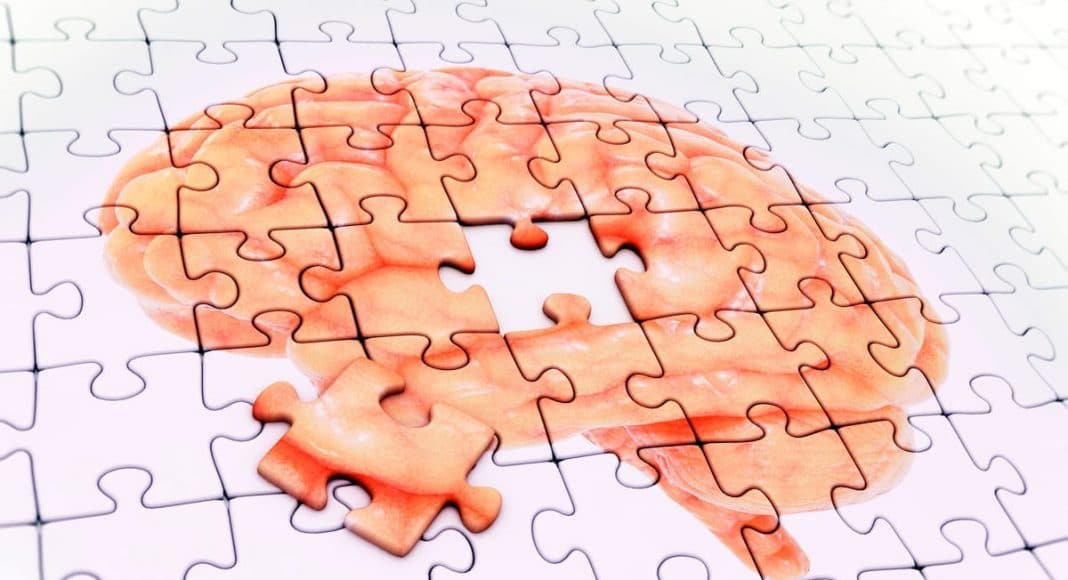A small dose of cannabis per day may help delay the aging process in the brain and improve memory in older adults, according to a new study published Monday in Nature Medicine.
Scientists at the University of Bonn, along with their colleagues from The Hebrew University of Jerusalem, demonstrated that marijuana improves the memory and learning abilities in aging mice. Low doses of THC — the psychoactive cannabinoid in cannabis — actually reverses the decline in cognitive abilities.
The breakthrough research holds great promise as a way for doctors to slow the aging process in human brains.
“Although there is a long path from mice to humans, I feel extremely positive about the prospect that THC could be used to treat dementia, for instance,” said Svenja Schulze, a German science minister.
According to Andreas Zimmer, a professor at the University of Bonn and the study’s lead researcher, THC imitates the effect of cannabinoids produced naturally in the body, which fulfil important functions in the brain. “With increasing age, the quantity of the cannabinoids naturally formed in the brain reduces,” according to Zimmer. “When the activity of the cannabinoid system declines, we find rapid ageing in the brain.”
-
Related Story: How Marijuana Edibles Keeps This Guy Focused And Working
The researchers administered microdoses of THC to mice of various ages over a four-week period. The scientists then tested learning capacity and memory performance in the lab subjects. Mice given a placebo displayed natural learning and memory losses. However, the cognitive functions of the mice treated with THC were just as good as the control mice. “The treatment completely reversed the loss of performance in the old animals,” Zimmer concluded. “It looked as though the THC treatment turned back the molecular clock.”
The groundbreaking study holds promise as a potential treatment for a host of neurological brain disorders. But the researchers say more research is required before it can be said that THC might reverse cognitive decline in elderly humans.


